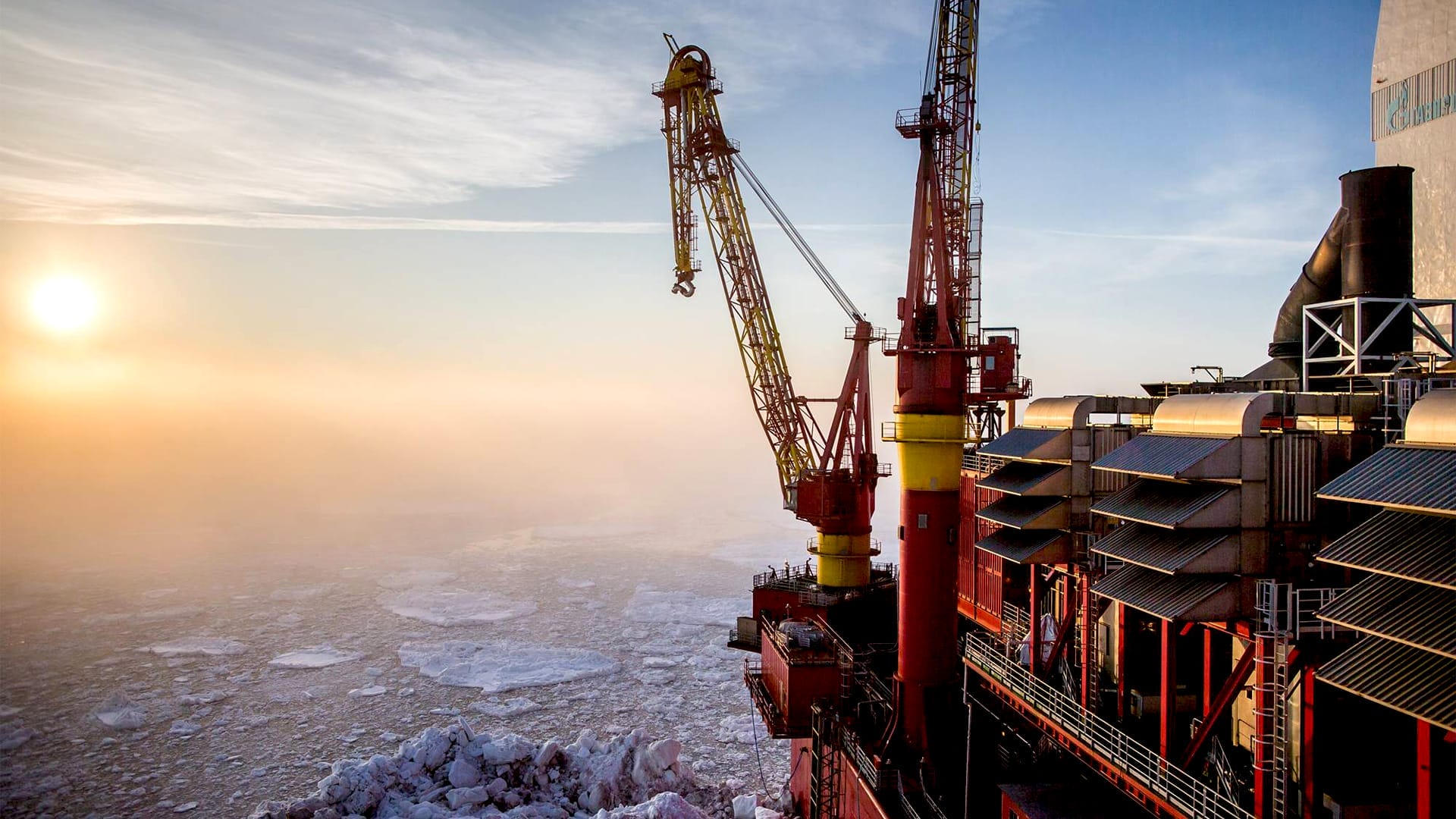In a world increasingly focused on energy security and the shift to sustainable power, Africa’s oil and gas heavyweights remain at the helm of both legacy strength and evolving strategy. While global players reevaluate their footprints, a handful of African giants are consolidating power, expanding production, and shaping energy futures, at home and beyond.
These are not just companies; they are continental institutions redefining influence in 2025. Here’s a look at the five energy titans that continue to command the continent.
1. Sonatrach – The Sovereign Force (Algeria)
From the sands of the Sahara to European energy pipelines, Sonatrach reigns as Africa’s undisputed oil and gas powerhouse. With revenues climbing toward $77 billion, the Algerian state-owned behemoth operates with total vertical integration, drilling, refining, exporting, and innovating. Its dominance of fields like Hassi Messaoud and its control of key pipelines to Southern Europe makes it not only an African leader but a strategic global supplier. In an era of European energy reshuffling, Sonatrach’s reliability has made Algeria more relevant than ever.
2. NNPC Limited – Nigeria’s Energy Empire
Post-restructuring, NNPC Limited has emerged as Nigeria’s most vital corporate entity and a continental heavyweight. With control of national oil resources and a diversified operational strategy, the company holds an asset base valued at over $150 billion and generates upwards of $20 billion annually. NNPC is currently targeting a production milestone of 1.7 million barrels per day, and its recent transparency drive, board shakeups, and discussions of public listing signal a bold new era for the oil-rich nation’s crown jewel.
3. Sonangol – Angola’s Deepwater Dynamo
Even after its OPEC departure in 2024, Sonangol remains one of Africa’s steadiest oil producers, with current output hovering around 1.1 million barrels per day. Its strength lies offshore, where some of the continent’s richest deepwater reserves power not just Angola’s economy, but the strategic energy corridor of Southern Africa. In 2025, Sonangol is pushing into refining capacity upgrades and marginal field development while exploring partnerships to modernize its operations and diversify revenue streams.
4. Seplat Energy – The Private Sector Pathfinder
Where global majors are retreating, Seplat Energy is rising. The Nigerian independent completed a landmark acquisition of ExxonMobil’s onshore assets in late 2024, positioning itself as a major force with projected output now surpassing 120,000 barrels per day. As Nigeria shifts focus to domestic refining and energy independence, Seplat’s agility, aggressive expansion, and local grounding give it a unique edge, bridging government policy goals and private sector innovation.
5. Sasol – South Africa’s Industrial Giant
From petrochemicals to coal-to-liquid fuel, Sasol is Africa’s industrial muscle, with revenue topping $13 billion in 2024. While it may not be an oil producer in the traditional sense, its sophisticated technologies and vast product portfolio from energy to fertilizers and plastics, make it a linchpin in South Africa’s economy. Today, Sasol is investing heavily in green hydrogen and renewables, positioning itself at the intersection of traditional power and the clean energy future.
Powering Progress
These five companies represent more than energy, they symbolize sovereignty, economic stability, and strategic foresight.
As the global stage wrestles with climate commitments and geopolitical energy shifts, Africa’s oil and gas titans are staking new claims, not only as producers but as progressive leaders.
With continued investments in exploration, refining, gas, and renewables, the continent’s energy future remains in strong, ambitious hands.




